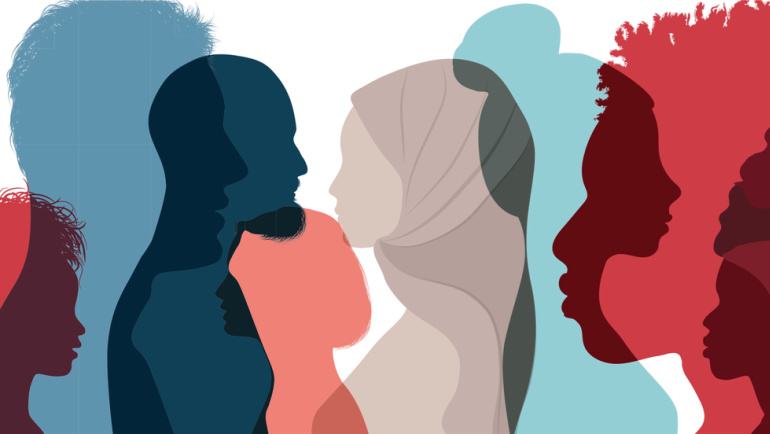
Wayne State University, together with Michigan State University and The Ohio State University, has been awarded a partnership grant from the National Science Foundation’s ADVANCE program. The ADVANCE partnership — dubbed the STEM Intersectional Equity in Departments (SIEDS; award #2305599) — works to build inclusive and equitable work cultures for women in STEM with a focus on both underrepresented women and gender expansive/nonbinary faculty who are at higher risk of leaving academic STEM departments. Using an intersectional lens, the project will develop strategies to transform hostile and inequitable workplaces into those that are inclusive and use a holistic approach to assess faculty productivity, equalize workloads and support diversity in leadership development.
“There are barriers and often unspoken challenges for underrepresented faculty in STEM, but their work and voices are critical to the success of their respective disciplines, our university and higher education in general,” said Mark Kornbluh, who is a principal investigator on the project and provost and senior vice president for academic affairs at Wayne State. “We’re excited to work with our partners to leverage our collective strengths to address such disparities and further shape a more diverse and inclusive environment for women faculty in STEM.”
The five-year, $1.2 million research project centers on creating and implementing guidelines that contribute to diversity, equity, inclusion and justice (DEIJ) within STEM disciplines. To do so, Wayne State and its partners will collaboratively develop, implement and assess a toolkit for creating an inclusive and equitable departmental culture. The toolkit will help department leaders by providing guidance on creating assessments that recognize faculty’s work in DEIJ, promoting a “whole person” approach to acknowledging and supporting faculty needs across the lifecycle, and cultivating leadership centered on DEIJ-focused best practices. Project findings will be compiled into a toolkit that can be implemented at research universities across the Great Lakes region — and eventually across the U.S. and beyond.
SIEDS builds on the work of WSU’s Gender Equity Advances Retention in STEM (GEARS) project, which was launched in 2020 following the NSF Adaptation Award to broaden the implementation of systemic change strategies to promote equity among STEM faculty within academia. To date, the GEARS project has launched numerous initiatives and provides much-needed training and support for faculty and administrators, making Wayne State a model for how universities can facilitate gender equity and provide an environment where faculty can thrive in their careers and find a satisfactory work-life balance.
“This project will build on our previous work and focus at the departmental level, which is where faculty have most of their work interactions and where an inequitable and hostile culture is most difficult to avoid,” said Krista Brumley, lead co-PI and associate professor of sociology at Wayne State. “In starting at the micro level, our hope is to be able to identify the root cause of many of these barriers and more effectively address them to create meaningful, scalable change.”
To foster a more inclusive work culture, SIEDS will:
- Identify and address biases during promotion, tenure and evaluation processes
- Recognize the ways that work and non-work tasks interact to build healthy culture
- Expand the understanding and measurement of hidden tasks, particularly those related to DEIJ
- Provide materials to support intersectional leadership development
In addition to Kornbluh and Brumley, the SIEDS team includes Boris Baltes, co-PI and senior associate provost for faculty affairs and associate vice president of academic personnel; Sharon Lean, co-PI and chair of the political science department; and Matt Piszczek, co-PI and assistant professor of management. The project’s internal advisory board includes Graduate School Dean Amanda Bryant-Friedrich; Marcus Dickson, professor of industrial/organizational psychology; Charles Manke, associate dean for faculty affairs in the College of Engineering; Lori Pile, associate dean in the College of Liberal Arts and Sciences; and Sokol Todi, chair of the Department of Pharmacology.
